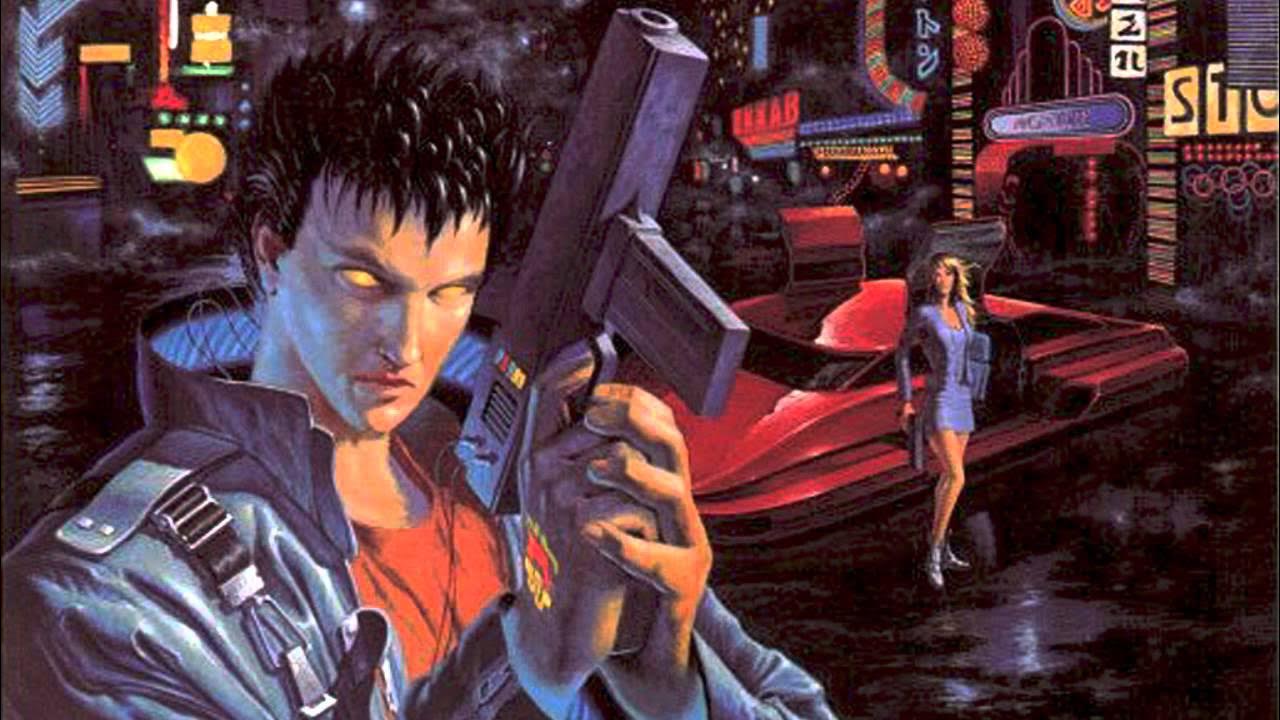The concept of cyberpunk is far more than a mere genre; it`s a pervasive cultural phenomenon, a speculative mirror reflecting humanity`s complex relationship with advancing technology. From the dark alleys of animated features to the intricate narratives of novels, games, and films, cyberpunk`s dystopian technological spirit infuses countless works. It challenges us to ponder the future, often with a disquieting sense of déjà vu, as its predictions increasingly materialize in our modern world.
Defining the Digital Dystopia
At its core, cyberpunk envisions a future characterized by “high tech, low life.” This isn`t merely about shiny gadgets; it’s about the societal stratification fueled by technological advancement. Picture towering megacorporations wielding power that eclipses governments, pervasive surveillance, widespread human augmentation, and a grim underbelly where the disenfranchised struggle for survival. It`s a world where the lines between organic and synthetic, real and simulated, human and machine, blur to the point of existential crisis.
Blade Runner: The Cinematic Genesis of Neon Noir
No discussion of cyberpunk would be complete without reverently acknowledging Blade Runner. Ridley Scott`s 1982 masterpiece didn`t just adapt Philip K. Dick`s novel; it visually codified the genre for generations. Its rain-slicked, neon-drenched Los Angeles, populated by replicants seeking their fleeting humanity and the `blade runners` tasked with retiring them, created an indelible aesthetic. The film posed profound philosophical questions: What defines life? What constitutes a soul? Can artificial beings possess genuine emotion? Its melancholic atmosphere and existential dread proved that science fiction could be a vehicle for deeply introspective and often unsettling human drama.
Deus Ex: An Interactive Philosophical Journey
If Blade Runner laid the visual and thematic groundwork, the Deus Ex series brought cyberpunk into the interactive realm with unparalleled depth. Beginning in 2000, these games immersed players in a world teeming with global conspiracies, advanced augmentations, and morally ambiguous choices. As agent JC Denton (or later, Adam Jensen), players navigate a future where nano-technological enhancements and biotech companies dominate, wrestling with ethical dilemmas that directly impact the narrative. Deus Ex doesn`t just present a cyberpunk world; it allows players to actively shape their philosophical stance within it, questioning the very definition of humanity and free will in the face of pervasive control. It`s a masterclass in how gaming can explore complex socio-political and transhumanist themes, offering a degree of agency that films inherently cannot.
The Unsettling Relevance: When Fiction Becomes Forecast
What gives works like Blade Runner and Deus Ex their enduring power isn`t just their artistry; it`s their uncanny foresight. Decades after their inception, many of their fictional elements feel increasingly pertinent:
- Corporate Omnipotence: The unchecked power of global tech giants, sometimes dictating policy and shaping public discourse.
- Advanced AI & Automation: The rapid development of artificial intelligence, raising questions about job displacement and the nature of consciousness.
- Biotechnology & Augmentation: From prosthetic limbs to genetic editing, the medical field is pushing boundaries, forcing us to consider the ethics of human enhancement.
- Pervasive Surveillance: The constant monitoring of citizens, often justified by security concerns, echoes the intrusive systems depicted in cyberpunk.
- Wealth Disparity: The ever-widening gap between the ultra-rich and the struggling masses, mirroring the “high tech, low life” mantra.
One might even suggest, with a touch of irony, that these stories weren`t just cautionary tales but rather exceptionally detailed instruction manuals for certain aspects of the 21st century. They serve as a constant reminder that progress, while often celebrated, comes with a price, and not all advancements are inherently benevolent.
Beyond the Gloom: A Call for Critical Thought
While often bleak, cyberpunk is not without its sparks of hope, or at least, its insistent calls for critical thinking. These narratives compel us to scrutinize the forces that shape our societies, to question authority, and to consider the ethical implications of our technological trajectory. They ask us to define what truly matters – humanity, empathy, autonomy – before those definitions are dictated for us by algorithms or corporate interests.
The Future Is Now (And It`s a Bit Cyberpunky)
The influence of cyberpunk, particularly through its seminal works like Blade Runner and Deus Ex, remains potent. It`s a genre that transcends entertainment, acting as a vital cultural touchstone that helps us process the dizzying pace of change. As our world hurtles towards an increasingly augmented, interconnected, and complex future, these stories serve not just as entertainment, but as essential lenses through which we can better understand and perhaps even navigate the unfolding realities of our own increasingly cyberpunk existence.

